-
Digital Resources for Introductory Physics includes assessment documentation and course planning resources necessary for the administration of this course, whether in a homeschool setting or a coop or classroom. All items are printable and distributable to your student or classroom; only one copy of digital resources are needed per classroom or home. Please note: this item is not a CD, but a digital resource.in 10th GradeSku: 9781600515231
Introductory Physics – Digital Resources
By: John D. Mays$78.50 -
Author John D. Mays teaches through the entire upper school science book, lesson by lesson. Videos include problem-solving examples, drills, animations, graphics, images, and live demonstrations of the laboratory experiments in Introductory Physics. If your students prefer to work at their own pace, or if they'd like to receive instruction from an expert, they will find this format helpful this school year.in 10th GradeSku: 9781600514968
Introductory Physics – Video Course (Streaming)
By: John D. Mays$290.50 -
Introductory Physics is ideal for the "physics first" high school science program, which places a physics-based course in the freshman year. We believe physics logically belongs at the start of the high school science sequence because it includes so many foundational skills and concepts that chemistry and biology studies can build upon later.in 10th GradeSku: 9780998169958
Introductory Physics (Third Edition) – Textbook
By: John D. Mays$121.50 -
-0%Introductory Physics is ideal for the "physics first" high school science program, which places a physics-based course in the freshman year. But this book contains two optional chapters with more challenging math content (Pressure and Buoyancy, and Geometric Optics) and can be used in a 10th or 11th grade course as well.in 10th Grade
Introductory Physics Program
By: John D. Mays$282.45Original price was: $282.45.$268.34Current price is: $268.34. -
The Arctic - one of the world's harshest environments, has been home to the Inuit for over 5,000 years. Their traditional culture, based on hunting and gathering, has enabled the Inuit to survive in a cold land. Inuit means "the people".in 2nd GradeSku: 9781897319154
Inuit Community
By: Michelle Outmezguine, Lindsay Counter$13.99 -
Meet unforgettable people and animals in the What a Character! Notable Lives from History series as you enjoy 10 real stories within each book!in 4th GradeSku: 9781683443438
Inventors & Scientists
By: Marilyn Boyer$17.95 -
A blue whale is big; its the biggest animal alive. But it isn't the biggest thing there is...in 2nd GradeSku: 9780807536568
Is a Blue Whale the Biggest Thing There Is?
By: Robert E. Wells$13.95 -
Max has problems when he loses his beloved digital watch. He can't tell time on the analog watch that replaces it. What should he do?in 2nd GradeSku: 9781575650883
It’s About Time, Max!
By: Kitty Richards$7.99 -
Download a Free Sample
A classic living science book used by Charlotte Mason!
Follow Jack and Maggie into the fascinating world of insects! When Jack receives a book for his birthday, he and his sister suddenly find themselves inside it, living the natural history. Learn from their adventures as they question a butterfly, narrate to a spider, go underground with a cicada, anger a wasp, attend a katydid concert, hear a candle fly’s court case, go airborne with some fireflies, sail with a raft-spider, and more. This unique book, used in Charlotte Mason’s PNEU schools, has been out of print and almost impossible to find. We are pleased to bring this valuable resource back into circulation for another generation to enjoy.- Charlotte Mason Recommended—Originally published in 1910, Jack’s Insects is a classic living science book that Charlotte Mason used in her schools. Records indicate that she recommended it for children in Form II (grades 4–6).
- Living Science—In true Charlotte Mason style, fascinating facts about insects are couched in a living story. You’ll learn about butterflies, caterpillars, plague locusts, carding bees, cicadas, katydids, and more, and from the (often opinionated) insects themselves. (Oh, yes, these insects are quite the characters!)
- Original Illustrations—J. A. Shepherd created more than forty-four pen and ink drawings to illustrate the story of Jack’s Insects. We have tried to preserve the integrity of these original illustrations, presenting them as they appeared in the early 1900’s edition, including their hand-drawn border lines.
in 4th GradeSku: 9781616340537Jack’s Insects
By: Edmund Selous$29.95 -
Download a Free Sample
Make your child’s adventure with Jack and Maggie even more exciting!
Now you can expand on the adventures described in the living science book Jack’s Insects. In this comprehensive Narration & Nature Study Notebook you will find leading narration questions, pre-screened websites and book suggestions, plus lots of nature study ideas that correspond with the chapters in Jack’s Insects. In this self-directed study, your child will- Recall more details about each episode.—The leading narration questions encourage the student to give a full retelling of what took place in each chapter of Jack’s Insects.
- Learn more about the insects in the book.—We recommend several interesting and pre-screened websites and books to encourage your student to develop his own relation with each insect he reads about.
- Discover the insects in his own neighborhood.—A handy master insect list, insect-watching and drawing tips, and plenty of drawing pages make this notebook a great tool for corresponding nature study.
- Work at his own pace.—Flexible lessons allow your student to read, narrate, research, and discover more about Jack’s Insects during one term or a full year. It’s your choice.
- Create a personal record of his science studies.—With the Jack’s Insects Narration & Nature Study Notebook, your student’s narrations, research, and nature study notes are all collected and organized in an attractive notebook to treasure for years to come.
in 4th GradeSku: 9781616341817Jack’s Insects Narration & Nature Study Notebook
By: Karen Smith$28.50 -
The Jane Eyre Student Book increases the student’s vocabulary and reading comprehension by providing in-depth vocabulary study, reading notes, comprehension questions, and more.in 10th GradeSku: 9781615389971
Jane Eyre – Student Book
By: David M. Wright$18.95 -
The Jane Eyre Teacher Guide is equipped with all answers to the Jane Eyre Student Guide as well as all tests and quizzes. The Teacher Guide enables educators to guide students through the grammar, logic, and rhetoric stages towards the central proposition that gives the story ultimate meaning and expression.in 11th GradeSku: 9781615389988
Jane Eyre – Teacher Guide
By: David M. Wright$18.95 -
-0%Jane Eyre by Charlotte Brontë is a first person narration of the life of Jane, the eponymous heroine. Having been orphaned at a young age, Jane must live with her emotionally abusive aunt and bullying cousins. Eventually sent to Lowood school for orphaned girls, Jane is again mistreated by apathetic management at the institution until the abuses are discovered and benefactors help improve the school. Having overcome the difficulties of her childhood, Jane leaves Lowood to serve as a governess for a young French girl at Thornfield Hall. In her new post, Jane is employed by the mysterious and brooding Mr. Rochester. Thornfield Hall is as strange as its master, and Jane begins to notice odd noises and unexplained occurrences. Despite the strangeness of her new situation, Jane begins to develop a deep affection for Mr. Rochester. However, when Jane discovers the truth behind the mysteries of Thornfield Hall she seems destined to be forever separated from her beloved Rochester. Jane Eyre beautifully illustrates the power of the Christian faith to overcome hardship, the tenacity of holy love, the struggle to resist temptation, and the joy which comes through obedience, patience, and hope. The Jane Eyre Student Study Guide increases the student’s vocabulary and reading comprehension by providing in-depth vocabulary study, reading notes, comprehension questions, and more.in 10th Grade
Jane Eyre Literature Set
By: David M. Wright$54.40Original price was: $54.40.$48.97Current price is: $48.97. -
From the Publisher: How do honeybees find their way home? Why is Venus so hot? How can you measure the speed of the wind? What makes a sound loud or soft? Discover the awesome answers to these and other fascinating mysteries in biology, chemistry, physics, earth science, and astronomy. Just try these 201 fun, safe, low-cost experiments at home or in the classroom. You'll look through a drop of water to find out how a magnifying lens works. Using a Styrofoam ball, a pencil, and a lamp, you'll learn why the Moon appears and disappears. With just a jar and some ice cubes, you can demonstrate how rain is formed. Each experiment includes an illustration and easy to follow step-by-step instructions. This companion volume to the enormously popular 200 Gooey, Slippery, Slimy, Weird, and Fun Experiments brings together magical projects from Janice VanCleave's Science for Every Kid and Spectacular Science Projects series--plus 40 all-new experiments that make science come to life.in 1st GradeSku: 9780471310112
Janice VanCleave’s 201 Awesome, Magical, Bizarre, & Incredible Experiments
By:$19.95 -
From the Publisher: Why do planets spin? How hot is the Sun? What keeps the Moon in orbit around the Earth? What are Saturn's rings made of? What's a black hole in space? Now you can discover the answers to these and other fascinating questions about basic astronomy. In Astronomy for Every Kid you'll learn about the constellations using a shoe box planetarium. You'll chart the movement of the stars with nothing but a string, a marker, and a nail. And you'll use a toy magnet to simulate the Earth's protective force field. Each of the 101 experiments is broken down into its purpose, a list of materials, step-by-step instructions, expected results, and an easy to understand explanation. Every activity has been pretested and can be performed safely and inexpensively in the classroom or at home.in 1st GradeSku: 9780471535737
Janice VanCleave’s Astronomy for Every Kid: 101 Easy Experiments that Really Work
By: Janice VanCleave$19.00 -
From the Publisher: Why do newspapers turn yellow? How does bleach make colors disappear? Why can't you mix oil and water? Find out the answers to these and other mysteries of chemistry in this fascinating collection of ideas, projects, and activities that teach the basics of chemistry theory and practice. Turn steel wool into a glutinous green blob. Separate an egg from its shell without breaking the shell. Make copper pennies turn green. Have fun while you learn simple chemistry from a solution of colored water, and the behavior of gases with the help of a soda bottle. Through these and other activities, you'll explore the structure of matter, the workings of acids, gases, and solutions .. . and much more. You'll find most of the materials you need around the house or classroom. Every activity has been pretested and can be performed safely and cheaply in the classroom, at a science fair, or at home.in 2nd GradeSku: 9780471620853
Janice VanCleave’s Chemistry for Every Kid: 101 Easy Experiments that Really Work
By: Janice VanCleave$17.95
Grade
Shop our products by Grade.



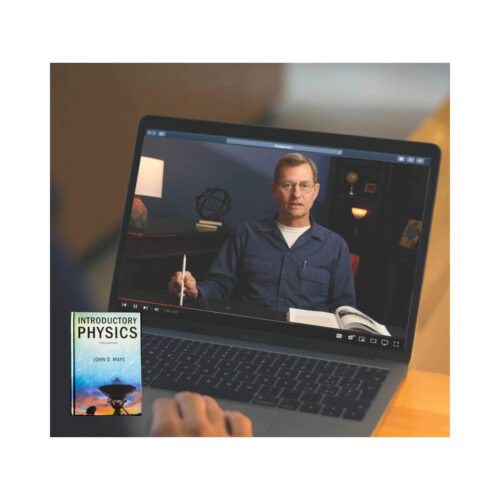
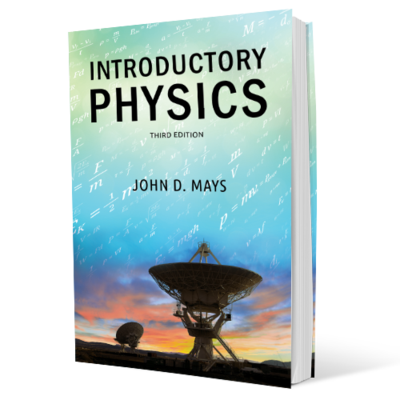



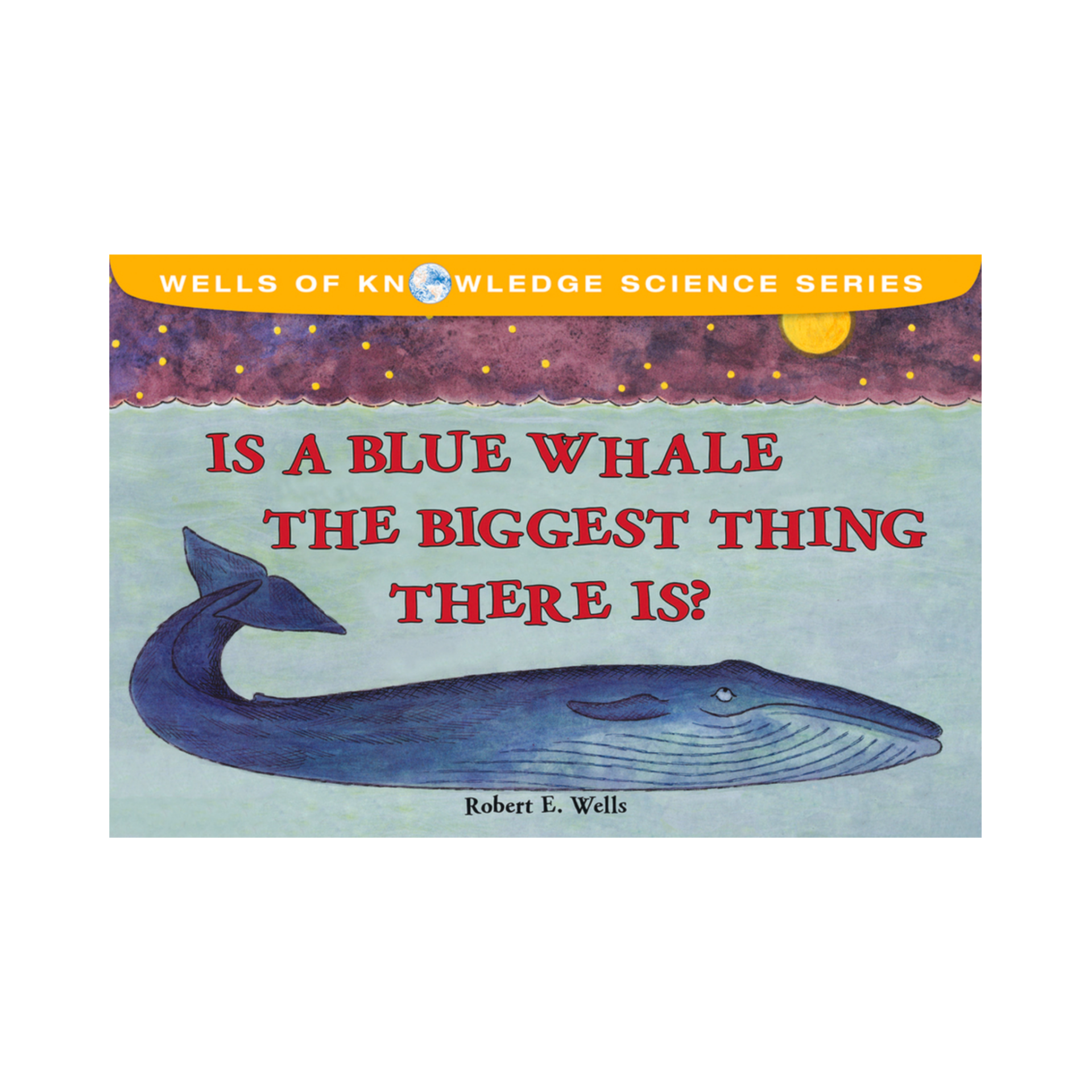
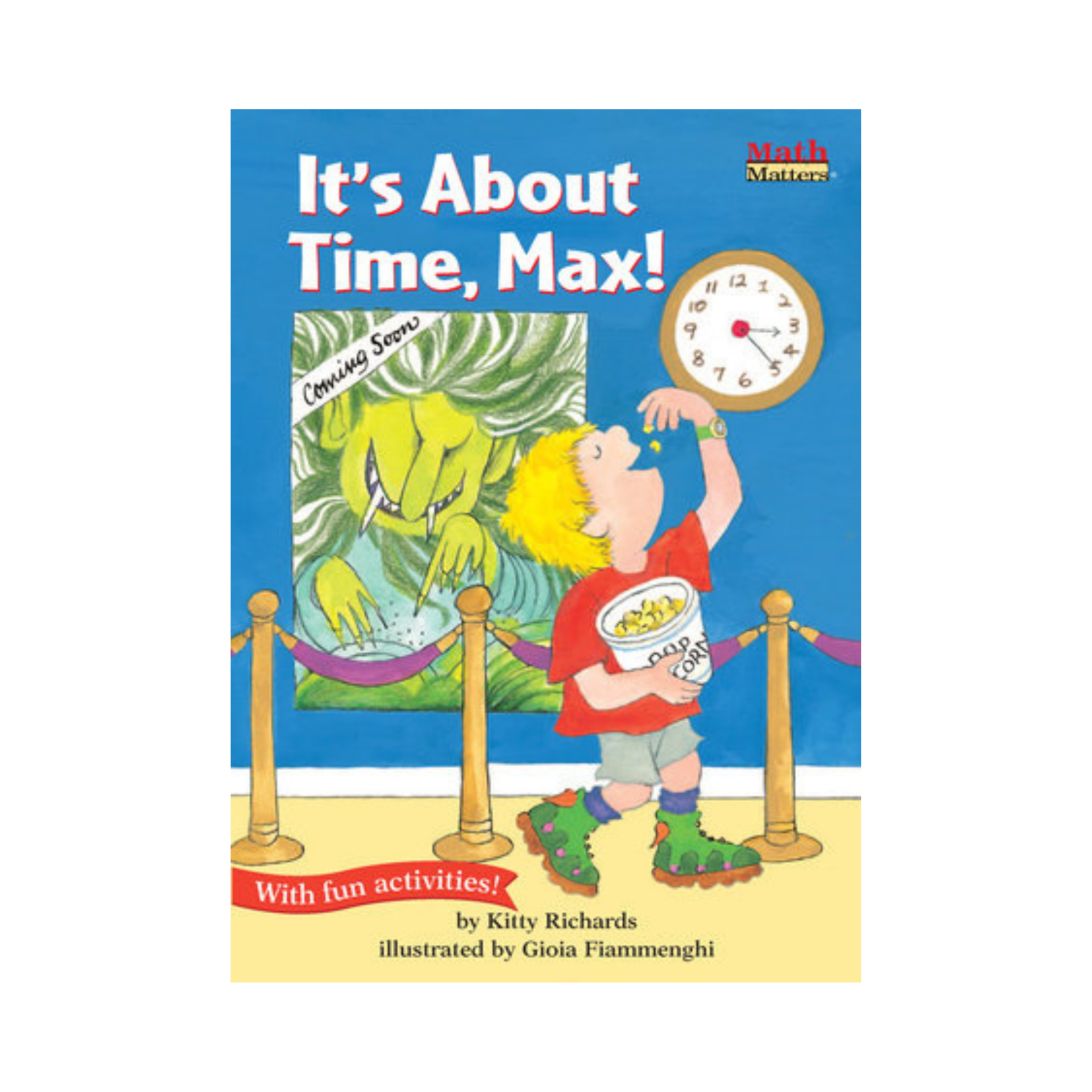
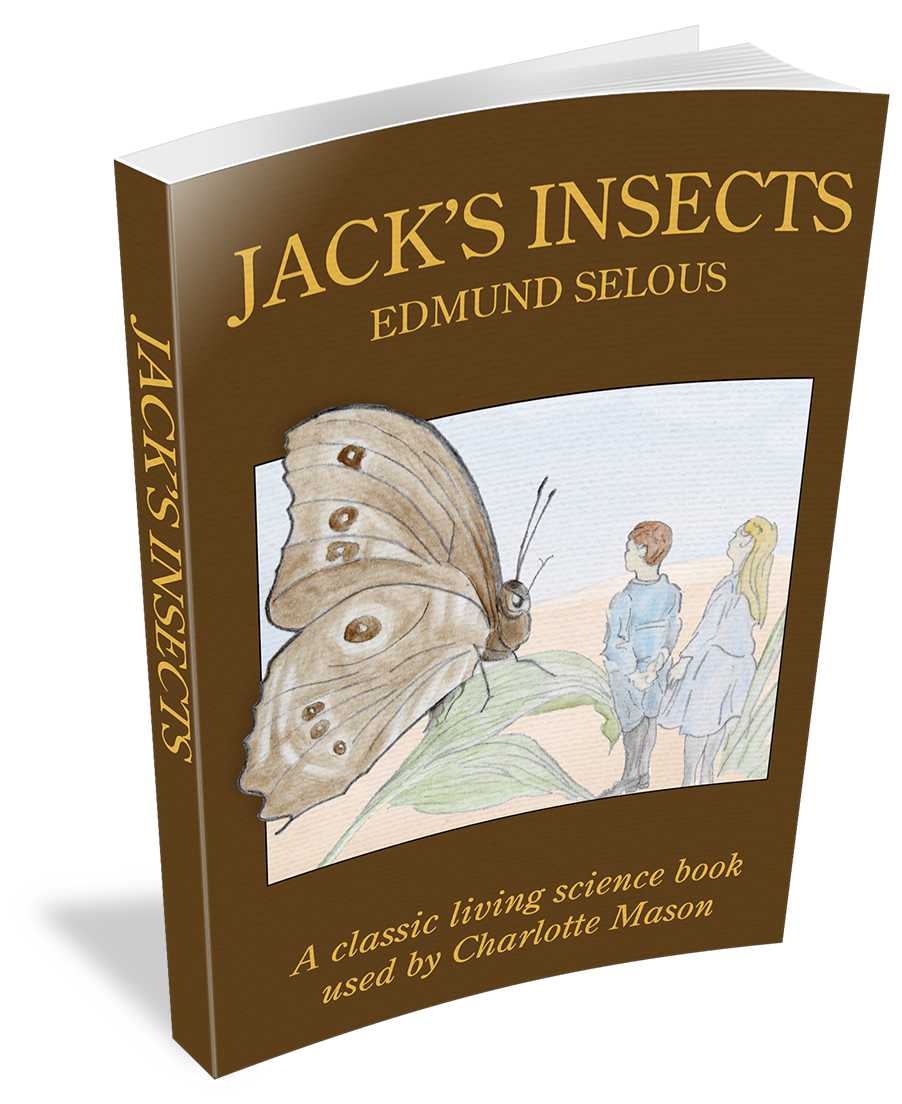
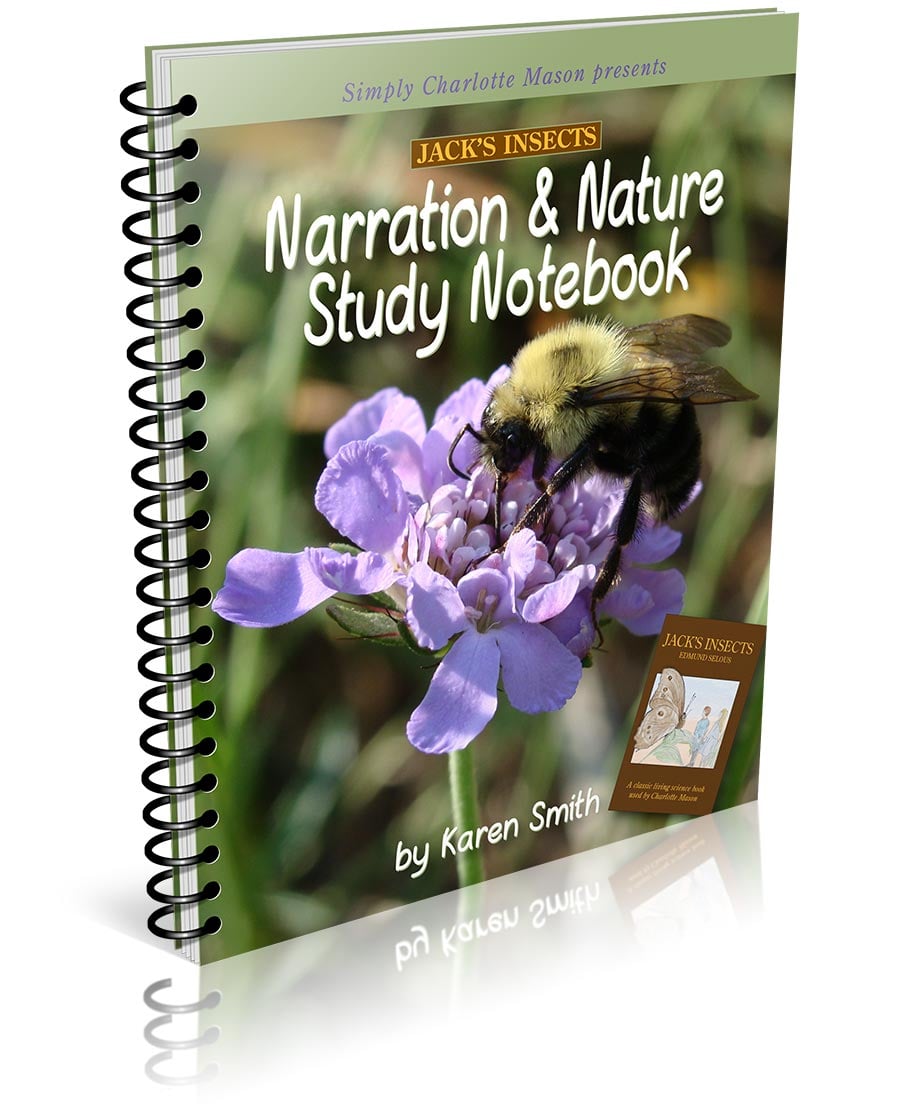


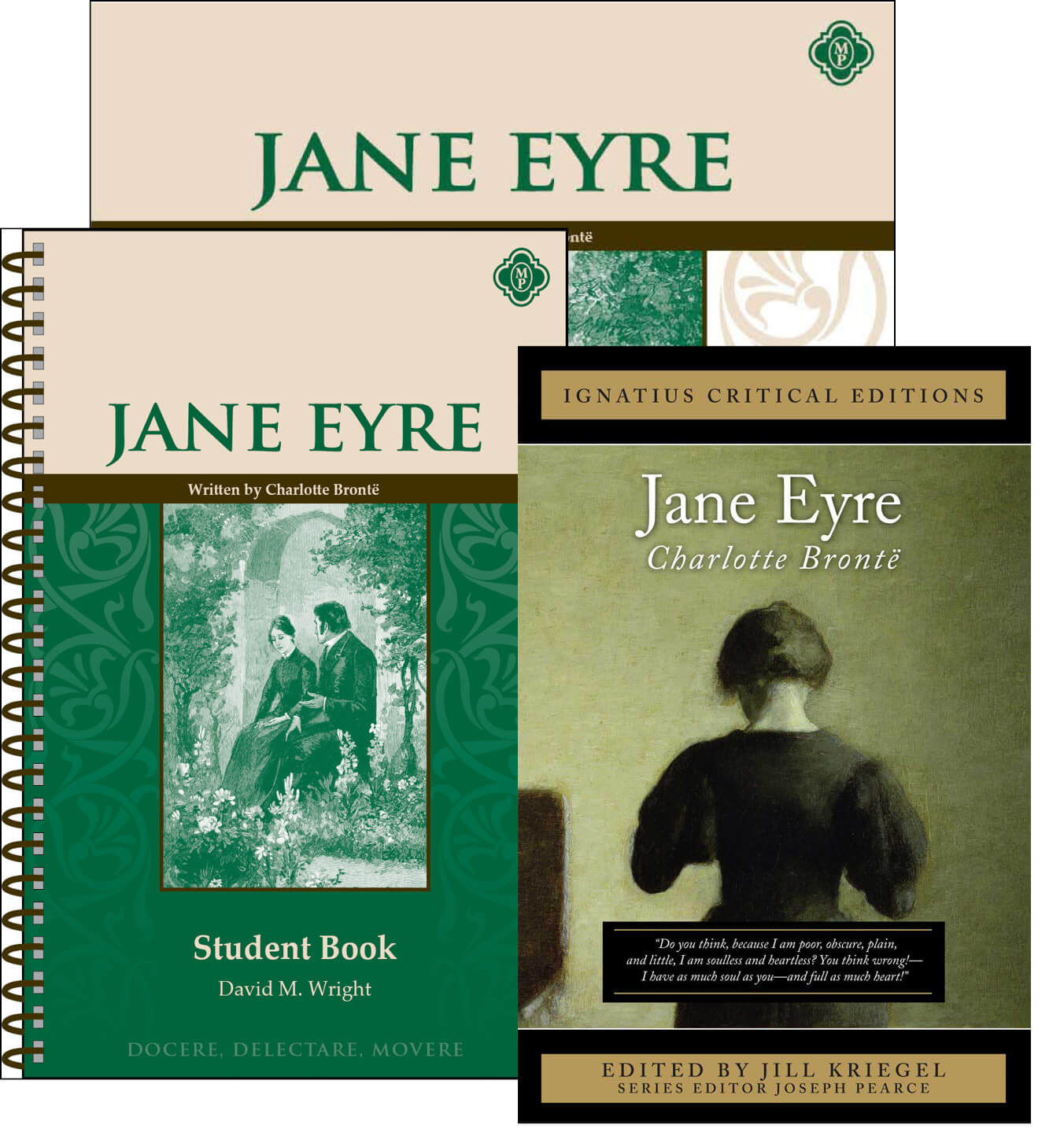
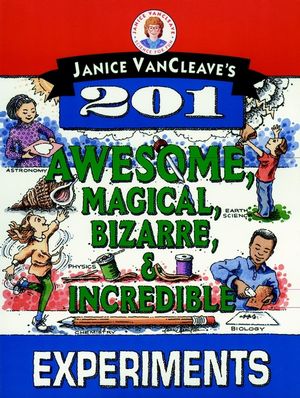
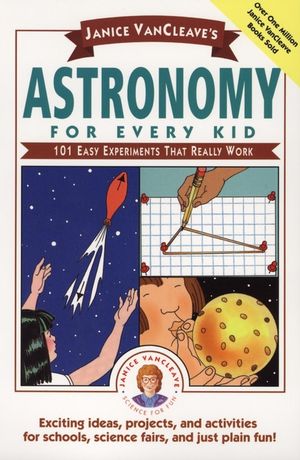
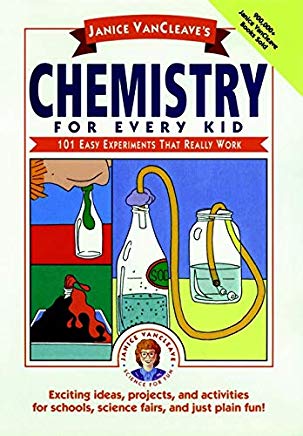
 No products in the cart.
No products in the cart.